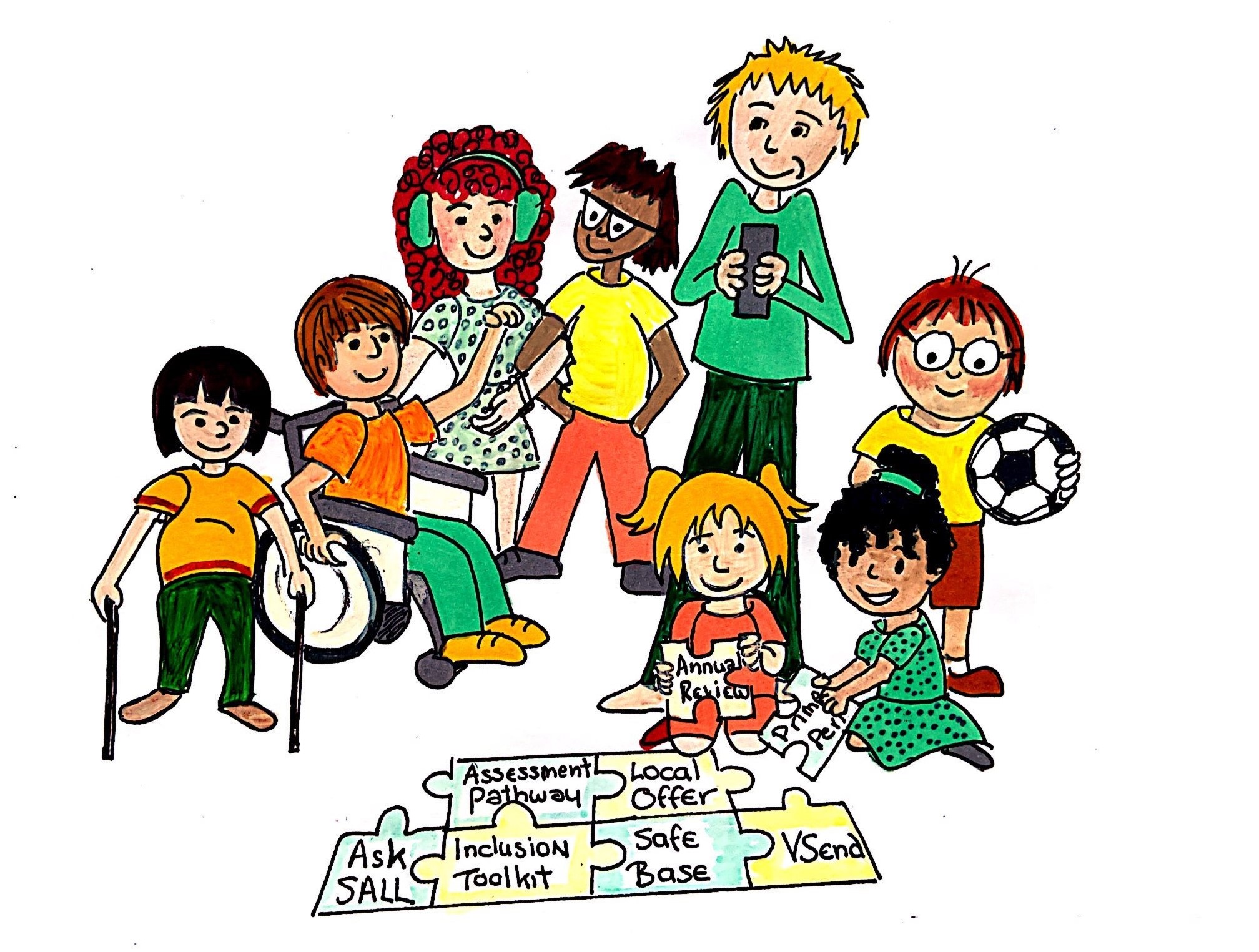Level 3-4 what you may notice
0-5
The child shows frequent challenging, demanding or concerning behaviour. Occasionally displays symptoms of mental health difficulties
- severe separation anxiety that persists throughout the session over a period of weeks
- child takes considerable time to settle and focus at start of the day
- child sometimes disengages from play, and mostly does not play with others (but can play alongside others)
- cannot sustain concentration or participate independently with learning activities. Limited interest in what is happening around them
- struggles to respond to appropriate boundaries when encouraged and supported. Struggles to tolerate delay when needs not immediately met
- reluctant to participate or refuses to participate in play (withdraws, challenging behaviour, task refusal)
- greater disruption to the play of others. Cannot negotiate and solve problems without physical demonstration of emotion
- unable to play alongside another child without interfering, upsetting or intimidating others’ play
- reluctant to engage with others sharing or turn taking and becomes distressed or passive during activity
- child regresses to rocking behaviour when upset
- displays some occasional challenging behaviours, refusing 'no' and routine boundaries
5-16
The pupil shows low level social and emotional behavioural difficulties which interrupt learning in some situations. The pupil’s needs are met within their mainstream class through high quality teaching and the use of positive (personalised) targeted strategies.
Behaviour for learning
- emerging, frequent patterns of reluctance to following reasonable instructions or requests
- continued difficulties following routines
- poor concentration
- signs of disruptive behaviour
- increased absence or lateness
- responses causing interruptions for the whole class
- regular failure to engage with appropriate learning tasks and struggle with appropriate learning behaviour. For example sustaining attention and concentration, motivation to engage with work-related tasks
- relationships with adults in authority are difficult. They sometimes challenge rules and show resistance to adult intervention to help them manage their behaviour
- approach situations in ways which cause a barrier to learning such as disengaging, destroying own or others’ work, using work avoidance strategies, often with limited concentration
Social skills
- some difficulties forming positive relationships with peers or some teachers
- possibly isolated or withdrawn
- bully or victim role
- difficulties working in groups, sharing and taking turns
- struggles with unstructured times and changes in routine
- signs of aggression or confrontational behaviours with peers
- struggles forming and sustaining relationships with peers and adults. For example they are withdrawn, or display a lack of empathy, victim or perpetrator of bullying
Emotional regulation and self-regulation
- sometimes (weekly) displays distressed or ritualistic behaviours resulting from underlying emotional needs
- often (weekly) show low mood or refuse to communicate for periods of time. Increasing levels of anxiety are apparent at particular times
- sometimes use non-harmful coping strategies to hide their anxiety. For example presenting cheerfully
- significant self-esteem issues affecting relationships and behaviour patterns (‘acting in’ or ‘acting out’) and they will often pre-empt their own failure in school tasks
- experiences issues around identity, belonging and body image.
- some patterns of stress or anxiety in specific situations. Unpredictability, inconsistency
- struggle with self-regulating emotion, experience strong emotions with no outlet resulting in inappropriate language or frequent (weekly) angry, emotional or aggressive outbursts, sexualised language, anxiety, mood swings, and unpredictable behaviour which affects relationships, learning and response to set-backs


